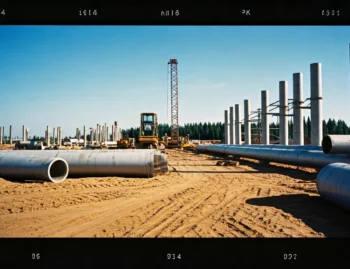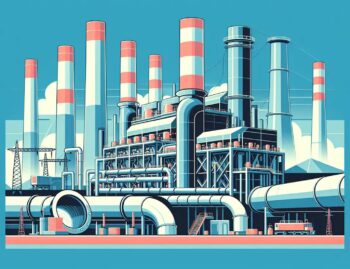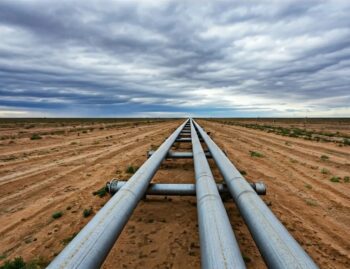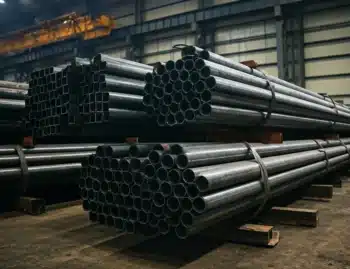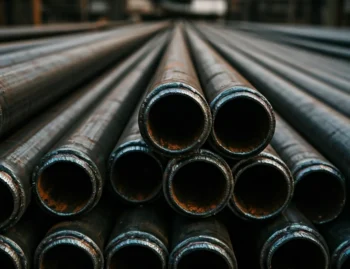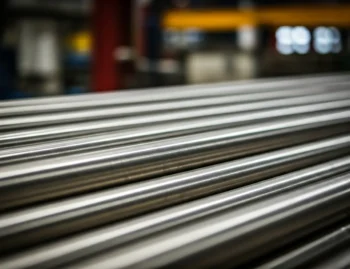Market fluctuations are common with the steel industry. Supply and demand do affect production. The Gross Domestic Product (GDP) determines the monetary value of commodities such as steel. When new construction is down as has been the case with China, the price of the commodity lowers creating an oversupply.
Purpose and Solutions
When the Organization for Economic Co-operation and Development (OECD) was established in 1961 it was taking over the reins of the Organization of European Cooperation (OEEC) which was formed after World War II. Their main purpose was to establish relationships with member countries to facilitate cooperation and address economic and social issues worldwide.
At the recent G20 summit it was decided to hold a Global Forum to address the steel excess issue head-on. The Global Forum would set action plans for member countries to reduce or eliminate steel excess by the following methods.
- Holding countries accountable for steel production-following tariff rules and regulations
- Halting new steel mill construction until Market requires it and providing environmentally friendly alternatives
- Regulating steel exports and enforcing current export laws
Overproduction costs
The hope for the worldwide steel industry is that China can be reined in and cooperate with the World Trade Organization (WTO) in order to achieve market status. Because China is a non market country and has been since it applied for membership to the WTO, they haven’t been subjected to market rules and regulations. In fact China has been accused of dumping their cheap steel in foreign markets thereby lowering the price.
China stubbornly insists that they should be granted market status with the WTO. Other member nations are concerned that China is not following anti-dumping policies and want a strong safeguard on their industries.
The effect of the “flooding” of cheap Chinese made steel is profound. US steel production has decreased to the point where almost one third of steel sales were of steel produced overseas. European countries have also been affected by the overproduction of China steel. Overproduction causes the closure of steel mills, flattens competition and increases job loss.
The Impacts in the Steel Industry
China’s use of illegal subsidies and other unfair trade practices has created a growing animosity towards the country. China has agreed to reduce steel production by 100 to 150 million tons by 2020.
They have also brokered a deal with the EU to allow verification and monitoring of shipments in July. This could have a good impact on the global economy by showing member nations that China is serious about bolstering the world economy. This is good news for everyone.



